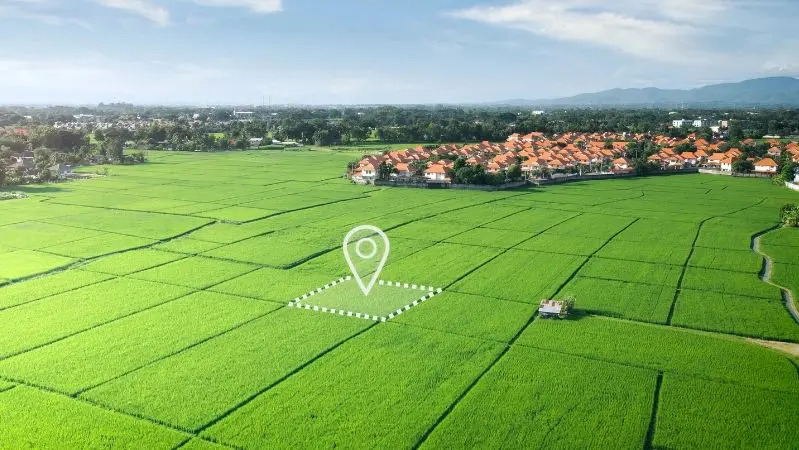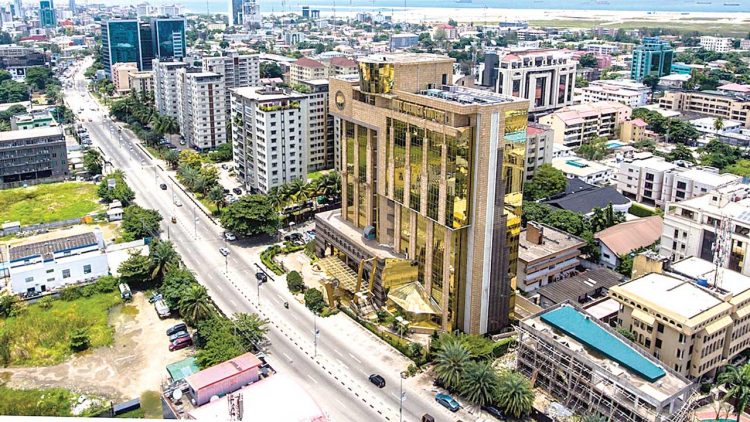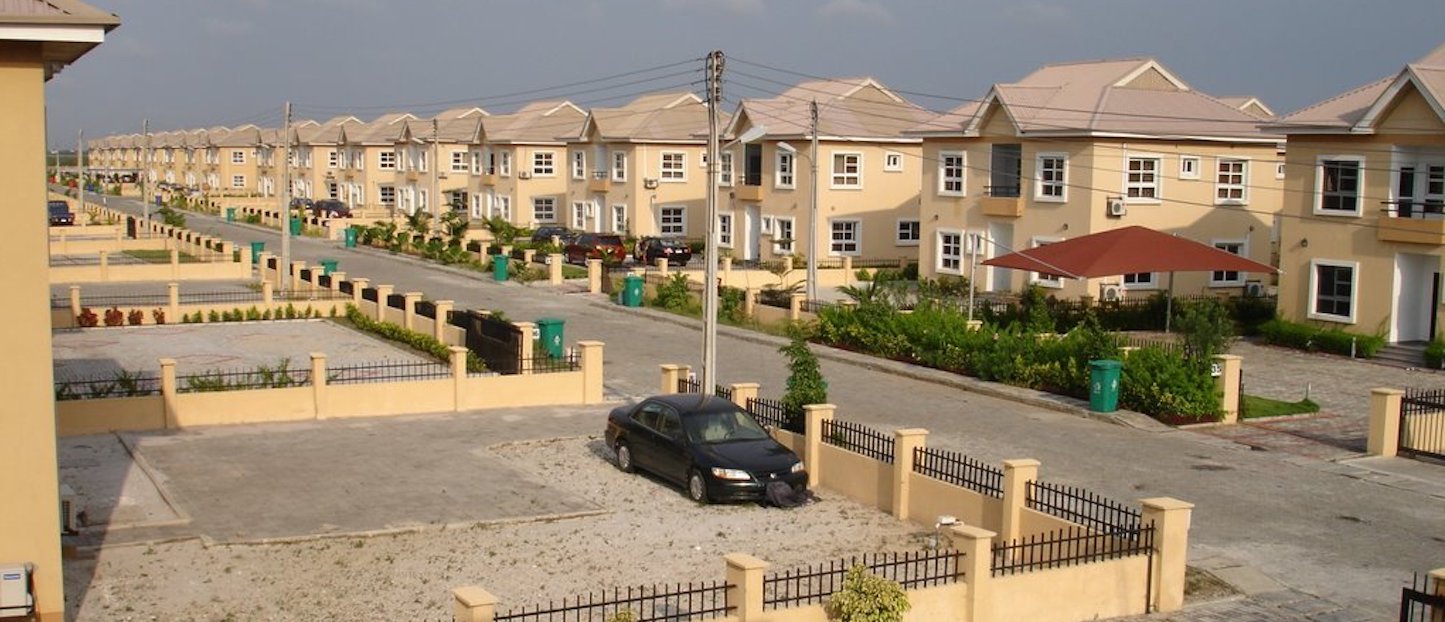- by Williams O.
- Jul 12, 2025
The Land Banking Boom: A Blessing or a Barrier?

- By Williams O.
- • Thu, Jul 31 2025
- • in Real Estate

In recent years, one term has gained massive popularity in Nigeria’s real estate circles: land banking. Promoted by developers and marketers alike, land banking is the process of buying large parcels of land in anticipation of future value appreciation. On the surface, it sounds like a smart investment strategy, but scratch beneath, and a troubling reality emerges.
Land monopoly is not only monopoly, but it is by far the greatest of monopolies.
Winston Churchill
How It Works
Land banking is typically done by individuals, corporations, or real estate developers who acquire land (usually on the outskirts of major cities), sit on it for years, and resell it at a premium when urban expansion increases its value. Some even divide the land into plots and market it aggressively to middle-class investors with the promise of high returns.
The Dark Side of Land Banking
While the concept isn’t new or inherently bad, its scale and unregulated growth in Nigeria are having dangerous consequences.
Artificial Scarcity: Large portions of land in growing urban centers are locked up by a few individuals or firms who have no intention of developing it in the short term. This creates an artificial scarcity, driving prices up.
Displacement & Gentrification: Land banking often leads to the displacement of local communities as investors scoop up land in peri-urban areas. The result is gentrification, locals are priced out, while the land lies fallow or is developed into exclusive estates.
Widening Inequality: The rich get richer by holding land as a passive asset, while average Nigerians are left struggling with soaring rent and limited access to affordable housing.
The Effect on the Housing Market
This trend is one of the reasons Nigeria’s housing crisis persists. Land that could be used to build affordable housing remains underutilized or is priced beyond reach. Developers focused solely on returns have little incentive to build low-cost homes when luxury apartments or empty plots offer better margins.
Land Speculation as a Status Symbol
In Nigeria, land ownership has long been a marker of wealth and power. This has encouraged a culture where land is seen more as a trophy or a hedge against inflation than as a foundation for development. For many investors, building anything on the land is secondary to simply “owning it and waiting.”
Is There a Way Out?
To curb the excesses of land banking and redirect real estate growth toward inclusivity and development, several steps can be taken:
Progressive Property Taxation: Lands left undeveloped after a certain number of years could attract higher taxes to discourage hoarding.
Land Use Reforms: Governments should introduce policies that prioritize land for actual development, especially affordable housing, and discourage speculative ownership.
Digital Land Registries: A transparent system for land ownership and transactions will reduce fraud, streamline access, and prevent accumulation by elites through loopholes.
Incentives for Development: Offer developers tax holidays or discounted permits for turning idle land into low-cost housing or community infrastructure.
Conclusion
Land is not just an investment, it’s a national asset with the power to uplift millions. But in Nigeria, unchecked land banking is turning it into a barrier rather than a bridge. If we truly want to address the housing crisis and build an inclusive economy, we must rethink how land is bought, held, and valued.


0 Comments:
Please Login to comment in the post!